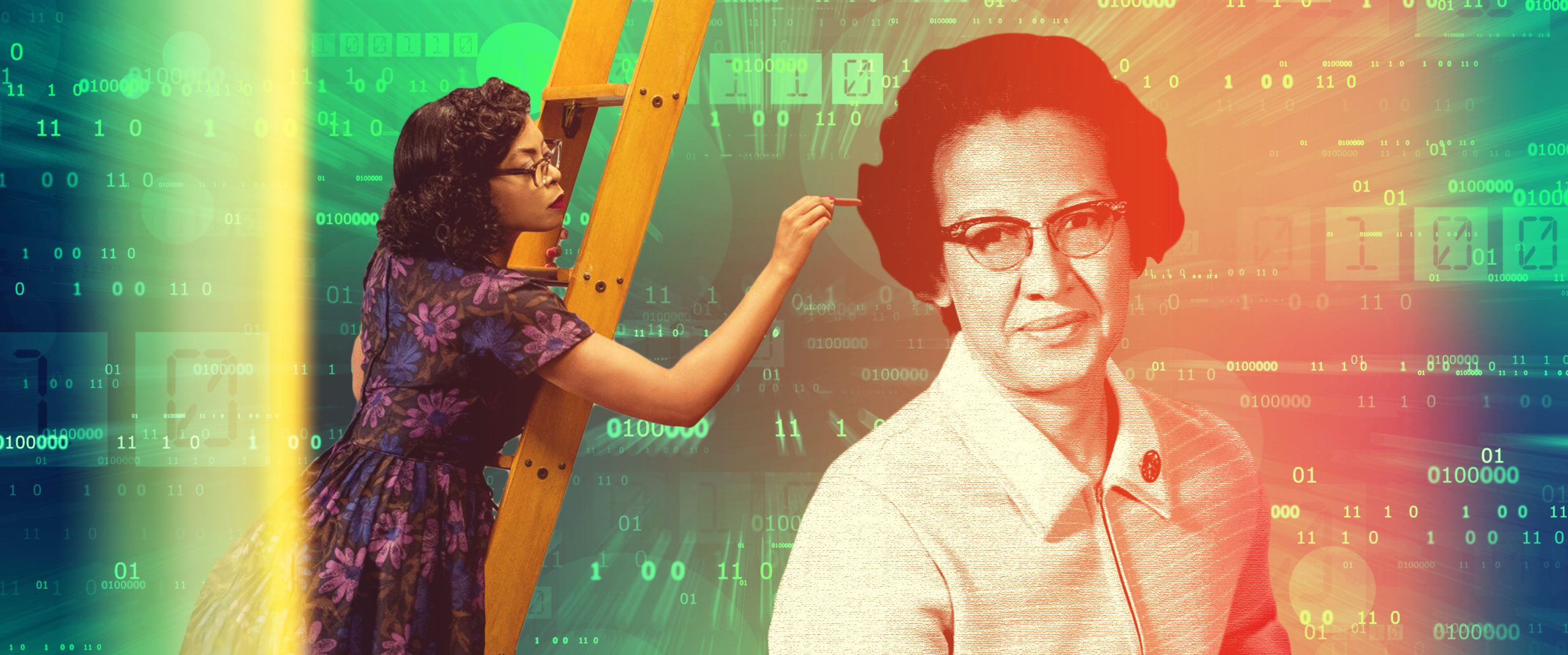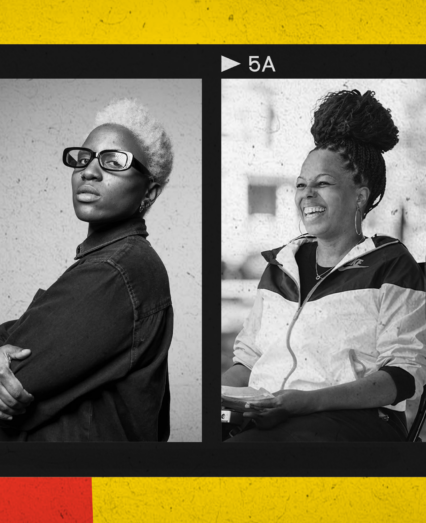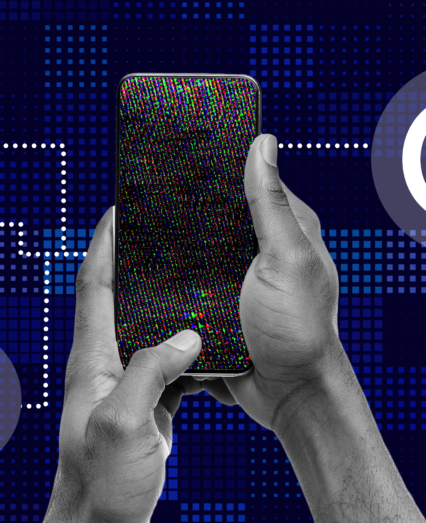I have a dream…
That one day, school curriculums will actually teach us more about black history than just slavery, Martin Luther King, Jr., Rosa Parks, and Malcolm X. That the underground railroad won’t be our only pathway to learn about racism and the systematic oppression that black people had to overcome in the past, and are still affected by to this very day.
I have a dream that the success of the African-American people will be displayed by their intellect, creativity, and innovation, alongside their physical prowess on and off courts or fields. Fortunately, I do not believe I have to dream of such things anymore, especially in the wake of the new millennia and the dawn of smartphones and advanced technology. The digital age of black history is here!
Granted, the digital age has been here for quite some time but the impact it has on people daily is immensely large. From setting alarm, clocks, watching our heart rates, scheduling events, mass communication, video calls, live-streaming and of course—being able to search the entire world wide web for any piece of information. Technology has become the overseer of our lives.
The key point I would like to focus on here though is how impactful it is to be able to search the entire web for information. I bet people forget that Black History Month started off as a week-long event in February because of historian Carter G. Woodson. Woodson chose the second week in February for “Negro History Week,” as it was originally called, because it fell on the birthdays of former President Abraham Lincoln and famed abolitionist Fredrick Douglass. In 1976, the week-long event transformed into a month-long affair after then-President Gerald Ford made it so.
The ability to research anything at any given time may seem incredibly simple at first glance, but to have access to near-endless databases of information and to discover more intriguing stories and learn more about people that never get discussed or talked about in school is a mind-opening experience—especially if it feels like you hear the same stories on the same month of every year.
Now, this is not to say that learning about the historical figures that help shape the foundation of America and the world at large is a bad thing, ‘cause it’s not. I am stating that there is a plethora of equally important people to learn about, both old and new. For instance, in the field of STEM, there are loads of black pioneering engineers and innovators that go unheard of. The website idtech.com has a condensed list of black STEM innovators that people should know about.
Without the movie Hidden Figures, would the world have acknowledged or even known about the great women Katherine Johnson, Dorothy Vaughan, and Mary Jackson, who were mathematicians working for NASA during the space race? Maybe some would have, but thanks to a couple of million post-movie website clicks, the whole world knows!
Social media plays a big part in this digital age of black history by displaying current black achievement, appreciation, and excellence in all fields. If you were to go onto Instagram right now and begin to autogenerate hashtags for black history month, you will see that the hashtags #blackhistorymonth, #29daysofblackexcellence, or #29daysofblackcosplay/#cosplaysofcolor have thousands of hits. Each hashtag is associated with a post that is meant to uplift and show appreciation for someone within the black community and the subcultures that encompass it.
One subculture that I am completely immersed in, is pop/geek culture (or “blerd” culture as it’s sometimes called). In this community alone, there are people making history that people should know about. Three people that come to mind:
- Bryanda Law, founder and CEO of her modern media-tech company Quirtastic
- Tony Weaver Jr., creator of educational comic tech company Weird Enough Productions and Forbes 30 under 30 honoree
- Ariell Johnson of Amalgam Comics and Coffeehouse, for being the first black woman in history to open and own a comic shop on the entire east coast of America.
These three alone trailblaze a pathway towards success for the black community and anyone with similar aspirations. All of this information waiting to be bestowed upon someone is just a mere click away.
Technology has drastically changed the way how people learn and take in information, as well as how they go about looking for resources and upgrading their research tools. The historical figures that we all learn about in school during Black History Month, the once hidden figures that become uncovered through time and technology, and those who are currently paving the way are all connected through excellence. This excellence has been around since the dawn of time, and though history books may not always share the achievements of those underrepresented, technology has opened the floodgates to explore for yourself.
From all over the globe and in different fields of work, black achievement is something that is distinguished and worth celebration. While the world may only acknowledge it for a month and school systems may only recognize a few important figures, those of the community and allies alike shall hashtag and shout from the mountain tops that black history, black innovation, and black excellence are worthy of acknowledgment.
The tools to learn more are in the palm of your hands. So open up your Google web browser and learn more about black history, because it is part of America’s history too. You may learn something new—like, that Alan Emtage was the first search engine inventor.



